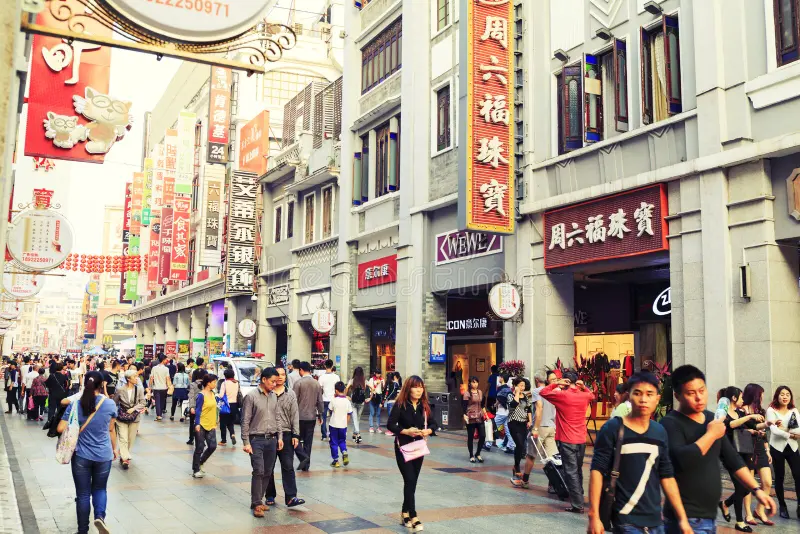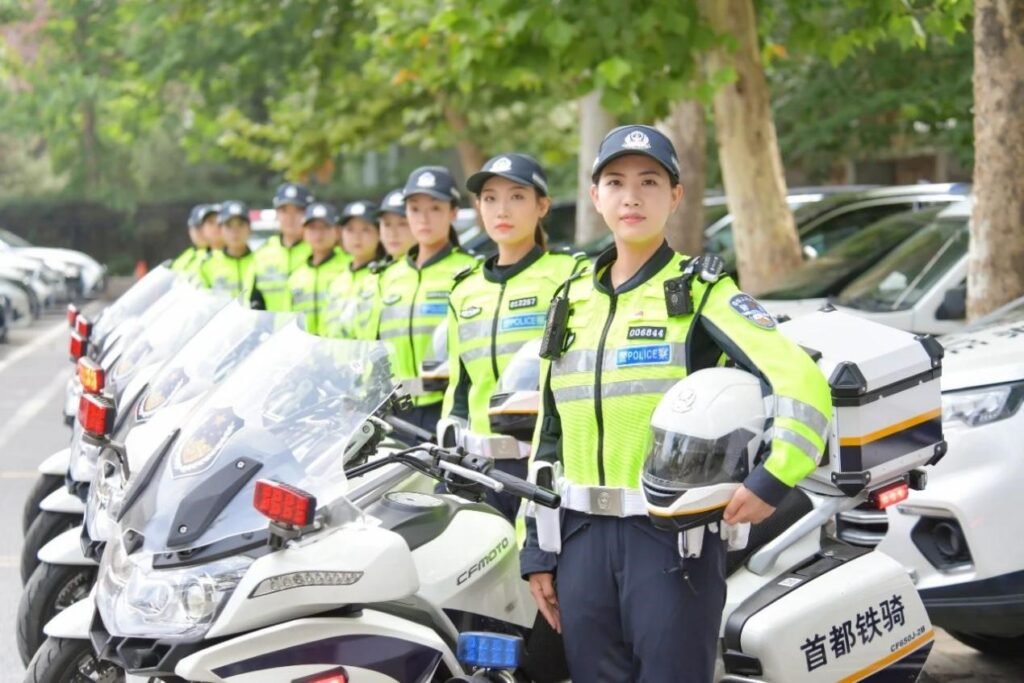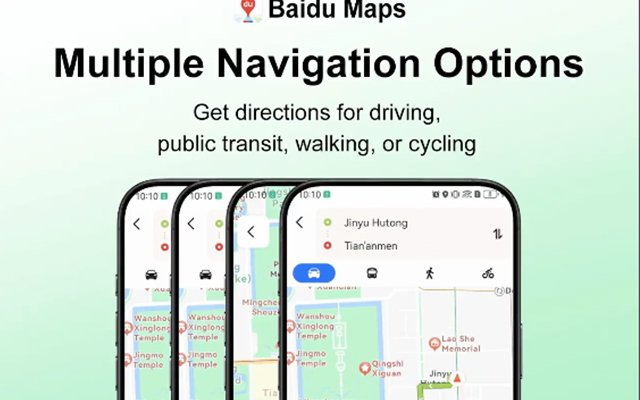
Xiamen City,Southeast China
I believe this is a question that many friends who want to travel to China are deeply concerned about, especially given the influence of some media’s non-objective or even deliberately distorted reporting, which has created misunderstandings and negative impressions about China among many foreign friends.
For example, portrayals of China as poor, dirty, crime-ridden, with people living in misery, or even as a “police state” – seeing these reports makes me feel sad and upset, even somewhat angry, because that is not the real China of today!
I acknowledge that China still has many shortcomings (but which country doesn’t have problems?), yet it improves every day and is becoming increasingly open, strong, and beautiful.
So, friends, please let me tell you from the perspective of an ordinary Chinese person: Is China really safe? And for foreign friends, what safety matters do you absolutely need to know?
China’s public security situation is generally very safe, especially in cities and tourist areas. Even if you’re traveling to China for the first time from far away, there’s no need to worry.
China has a relatively low crime rate, with street crimes such as theft and robbery being uncommon, and violent street incidents extremely rare. In many places, you can go out alone at night without concern. This is thanks to comprehensive surveillance systems and strict security management measures.
However, as travelers—particularly international visitors—it’s still necessary to remain vigilant and take basic safety precautions.
Safety Precautions
- Secure Your Valuables: When going out, store valuable items in your hotel’s safe whenever possible. In public places, especially crowded areas, use anti-theft bags or keep valuables in inside pockets for better security.
- Avoid Carrying Large Amounts of Cash: Electronic payments are very popular in China. We recommend using Alipay or WeChat Pay to reduce the risk of carrying cash.
- Beware of Scams: In tourist areas, some people may pretend to offer services or products (such as overpriced “tea tasting” experiences or fake tour guides). Be particularly wary of taxi drivers soliciting passengers on the roadside , tour guides, or unidentified individuals. Always choose legitimate channels for transactions and be cautious of unsolicited offers to enter expensive shops or bars.
- Avoid Unlicensed Taxis: Never take any taxi without proper identification or accept rides from private cars that approach you. We strongly recommend using the DiDi app (similar to Uber) or ride-hailing services available through Alipay and WeChat
- For Female Travelers: Especially those traveling alone, drink alcohol cautiously and never accept rides from strangers.

 Handshakes or friendly nods with smiles are common ways to show respect and friendliness
Handshakes or friendly nods with smiles are common ways to show respect and friendliness

